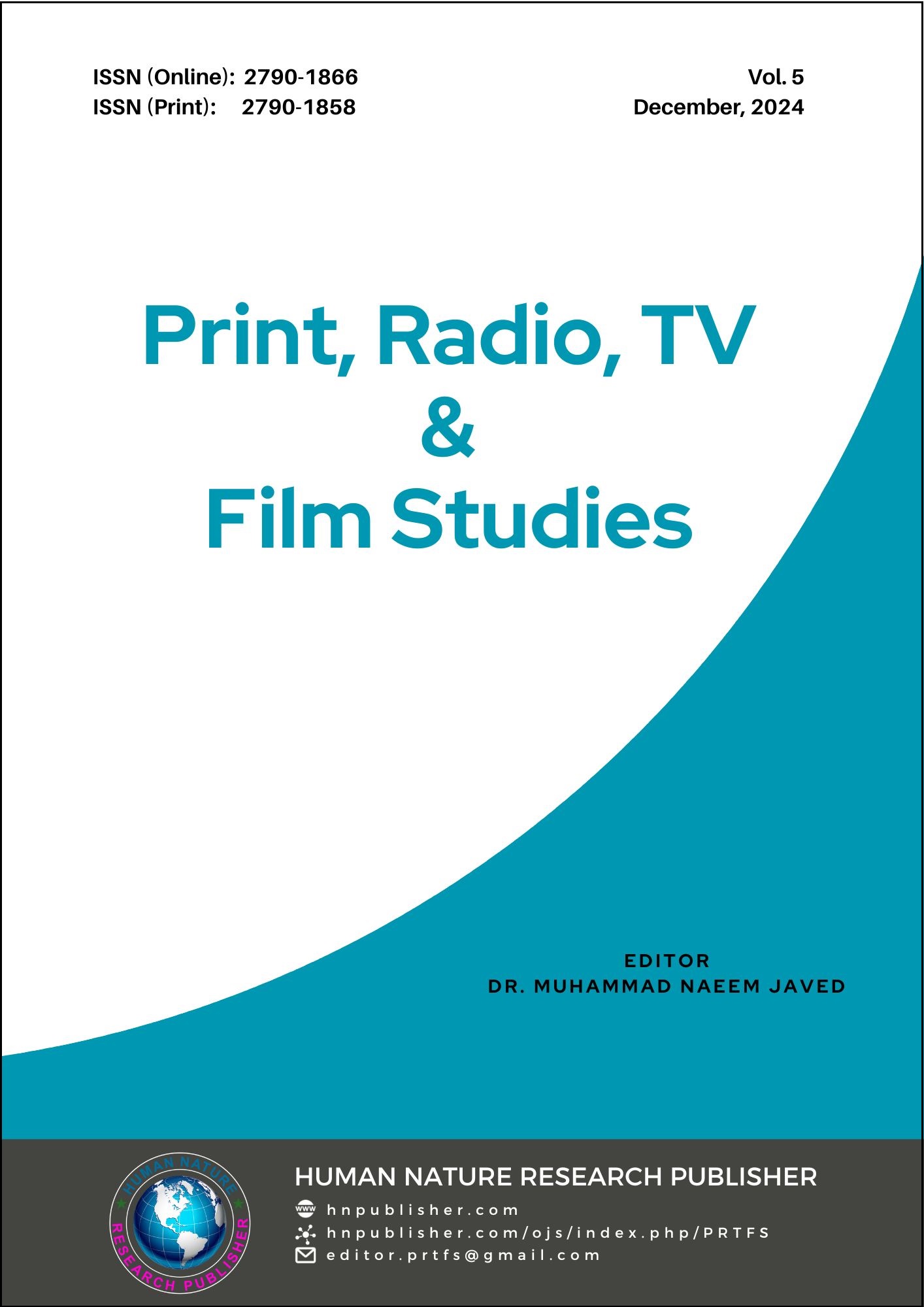From Soundwaves to Self: Radio’s Influence on Musical Preferences and Cultural Identity
DOI:
https://doi.org/10.71016/prtfs/pyc89h67Keywords:
Radio Consumption, Music Consumption Patterns, Cultural Identity Formation, Traditional Radio, Media and Culture, , Audience BehaviorAbstract
Aim of the Study: This research ventured into the role played by radio in music consumption and cultural identity construction. The main aims were to investigate how radio acted on music consumption patterns by demographics, evaluate its effect on cultural identity, contrast digital and conventional radio in shaping listener actions, and establish factors underpinning radio listenership in spite of digital challenges.
Methodology: The mixed-methods design combined quantitative data from a cross-sectional survey of 264 participants with qualitative findings from 20 semi-structured interviews of industry experts, producers, and dedicated listeners. Stratified random sampling was used to include representation from various demographics. Quantitative data were analyzed with SPSS for statistical correlation, and NVivo was applied for thematic coding of qualitative data.
Findings: The results showed that radio was a central figure in influencing music consumption and affirming cultural identity. Results from the survey yielded substantial correlations between exposure to radio and music discovery, changes in genre preference, and cultural bonding. Qualitative interviews revealed a number of persistent themes: affective attachment to radio, representation of culture through local music, trust towards radio announcers, availability in rural and underserved communities, and a high level of community feeling created by live interaction features. Analog radio was especially cherished for its role in maintaining the country's culture, while digital radio was appreciated for its individuality and international connectivity.
Conclusion: Radio was found to be still a very relevant medium in the digital age which it has achieved through a balance of tradition and innovation. Traditional as well as digital platforms radio has proven to be a culture carrier and a medium which is very accessible. Study concluded that radio’s role in promotion of local culture as well as local music is long lasting. People still like local music and love cultural stuff at the radio.
Downloads
Published
Issue
Section
License
Copyright (c) 2024 Dr. Muhammad Imran (Author)

This work is licensed under a Creative Commons Attribution-NonCommercial 4.0 International License.







